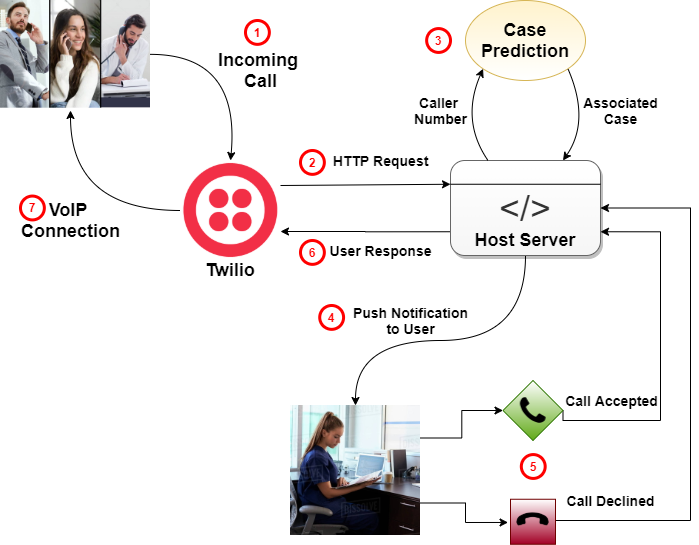VoIP Case Management (Datacare)
Alexa Modular Adapter
Alexa Enabled Universal Remote
ARbot
AutoIrrigation
Automated Hydroponics
Autonomous UV-C Sanitation Bot
Bus Tracker Project
Bus Tracking System
Bus Usage Monitor
Classmates Search
Cloud Native Wireguard
CO2 Monitoring System
Diabetics Companion
Edu Plastic Pollution
EDU (CPU)
Googun
H2Eyes
IMDB on FPGA
Indoor Robot
Induction Motor
Land Trust Management
Learning Storage Networks
Low Latency Gaming
Marine Plastics Monitor
ODS Web App Performance Tuning
Offroad Spotting Drone
ONI Code Visualization
Painless Healthcare Management
Parquet+OCI project
Preventing Vehicular Heatstroke
Remote Nuclear Monitoring
Rent-a-Driveway 2020
ResearchConnect
RREESS Microgrid Management
Save our Species 2020
SAWbots - Miniature Medical Robots
Self Stabilizing Personal Assistance Robot
Slug Charge
Slug Sat
Smart Cane
Smart Magazine Floorplate
Smart Park
Smart Seat Cover for Posture Detection
Smart Slug Bin
Soaring Slugs
Team Litter Buster
Understanding Healthcare Data
Vibrace
VoIP Management Assistant
Wildfire Detection Drone
Abstract
VoIP Case Management is a web application designed to optimize workflow for managing insurance cases. It does this by neatly packaging information on said cases into organized profiles, which are stored in the host server using a Relational Database.
The application’s primary features revolve around making VoIP (Voice over Internet Protocol) calls and routing a phone call to the client’s internet browser. This is accomplished using the API libraries provided by the third party service Twilio.
Additionally, this application features Case Prediction, in which the server can predict which case an incoming call is associated with. The predicted case profile will then be automatically pulled up for the case manager, preventing the need for him or her to look up necessary information themselves.
Approach
The host server for this application runs in what is known as the LAMP stack (Shorthand for Linux, Apache, MySQL, and PHP). The process by which a call is handled - illustrated in the center diagram - can be summarized below:
1. A call is made to a phone number registered with Twilio.
2. Twilio requests the host server for instructions on how to respond.
3. The host server runs Case Prediction to find which case the call is associated with.
4. This information is displayed to the user.
5. The user accepts or declines the call
6. The server responds to Twilio, sending instructions to either connect the call or record a voicemail.
7. Twilio executes the given instructions.
Overview
The management of workers’ insurance cases is a complex mire of bureaucracy and communication between many different professions. Case Nurses are usually put in charge of such cases, often managing multiple cases at once. How can we help improve the workflow of these nurses?
DataCare is the leading provider for software in the workers’ insurance industry. Their mission is to provide innovative software solutions that improve the efficiency of patient care and recovery. DataCare has succeeded at lowering service costs for Fortune 500 companies, third party administrators, and insurance groups alike along this process.
Our software, VoIP Case Management, aims to be a proof of concept for the next level of workflow optimization for DataCare’s products; that is, the integration of VoIP calls between the client browser and cell phones, along with other features such as case prediction and voice transcription.
Architecture

Key Features
Case prediction is performed first by matching the caller number with a contact stored in the database. The host server then scans through the database, selecting the most relevant case based on the caller’s own association with it, and how recently the case has been interacted with.
A push notification is sent to the client browser, which pulls up and displays quick reference data of the associated case to the user. The user - the Case Nurse managing this case - chooses to accept or decline.
Should the user decline, the server instructs Twilio to record a voicemail, and create a transcription of the voicemail. Both of these are downloaded to the host server, where the user can access and play them on command.
Results
Despite a large number of obstacles faced during development - primary among them the California stay at home order - the team has succeeded in integrating most of the features outlined by our sponsor. Namely: support for VoIP calls, support for voicemail and transcriptions, a functional relational database to store case data, and case prediction.
Conclusion
VoIP Case Management serves as a functional prototype and proof of concept. Features planned for potential new releases include call priority sorting, conference calls, voice-to-text notes transcription, as well as improvements to the case prediction algorithm.
Acknowledgements
The team would like to thank the following for providing feedback during the development of the project:
- Paulo Franca, CTO of DataCare
- Chris Van, Engineer at Datacare
- Golam Muktadir, class TA
- Professor Jullig